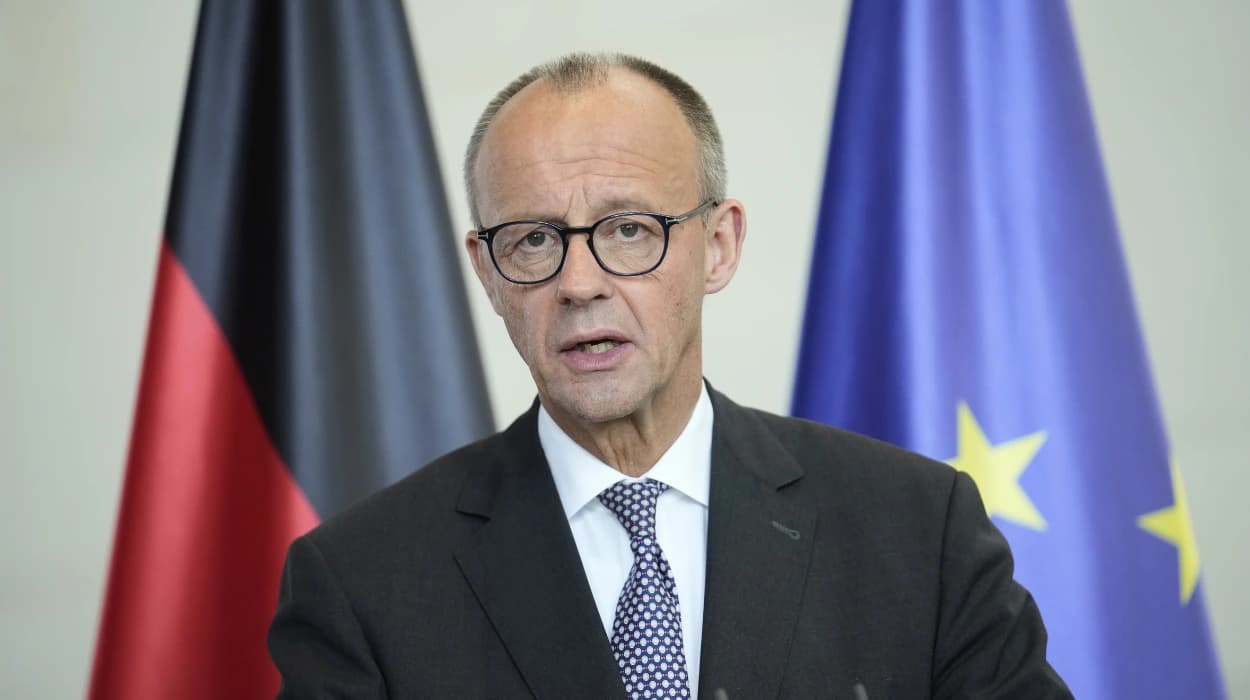Two senior officials in Chancellor
Friedrich Merz’s government urge Berlin to lift restrictions on weapons exports
to Israel following this week’s peace deal.
Targeting weaponry "clearly usable in Gaza," Germany partially halted arms transfers to Israel in August and hasn't authorized any new exports since. However, the two leaders of Merz's conservative CDU/CSU parliamentary bloc stated on Tuesday that this should change now that Israel has stopped its onslaught.
CSU parliamentary group leader Alexander Hoffmann told reporters that sanctions against Israel ought to be removed "immediately." Jens Spahn, the leader of the CDU's parliamentary group, supported him and stated that the Federal Security Council, a government body that advises on national security policy, will make the "final decision."
“And I am sure that it will then come to the conclusions that my colleague Hoffmann has just mentioned,”
Spahn added.
After two years of violence, in which more than 60,000 Palestinians were killed, Israel and Hamas reached a peace agreement this week mediated by the United States.
Although Merz has refrained from promising Berlin would back the EU's planned penalties, Germany, historically one of Israel's closest allies, has adopted a noticeably more critical stance about the Israeli military's offensive in recent months.
Those include partially suspending the EU–Israel Association Agreement and penalizing two far-right ministers in Prime Minister Benjamin Netanyahu’s government. However, as the situation in Gaza changes, the European Commission signaled Monday that the measures might be changed or dropped. The matter will be discussed at the next meeting of EU foreign ministers on October 20.
How would lifting curbs affect Germany‑Israel military cooperation?
After the United States, Germany
is Israel's second-largest arms supplier. Ending the restrictions would lead to
the resumption of shipments of military equipment that had previously been held
up by things like weapons, tank parts, electronic systems, and naval vessels
that are vital to Israel's defense capabilities.
The resumption of arms exports further cements Germany’s longstanding role as a major defense partner to Israel, reestablishing political and historical commitments often referred to as "Staatsraison" , a fundamental national interest involving support of security for Israel that stems from its historical responsibilities to the Holocaust.
The lifting of curbs on exports - and especially after the ceasefire of Gaza and the peace deal, reestablishes a renewed German willingness to address Israeli military readiness and options for response, allowing for the furtherance of technological and logistical cooperation on defense issues.
